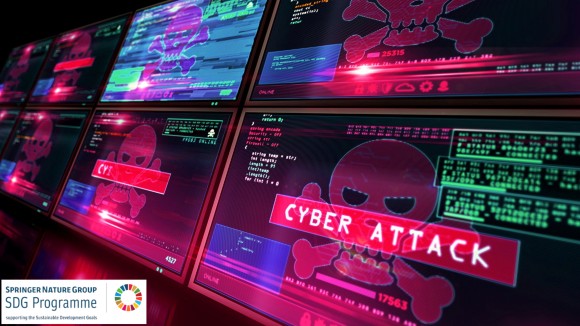 Gabriele Baratto is Assistant Professor of Criminology at the Faculty of Law of the University of Trento, Italy, senior researcher at the eCrime research group, in the Faculty of Law at the University of Trento and a member of the Centre of Security and Crime Sciences at the University of Trento and University of Verona. In the last 10 years Dr Baratto has worked on the links between crime and digital society, online criminal markets, organised crime, urban security, human trafficking, smuggling of migrants and asylum seekers.
Gabriele Baratto is Assistant Professor of Criminology at the Faculty of Law of the University of Trento, Italy, senior researcher at the eCrime research group, in the Faculty of Law at the University of Trento and a member of the Centre of Security and Crime Sciences at the University of Trento and University of Verona. In the last 10 years Dr Baratto has worked on the links between crime and digital society, online criminal markets, organised crime, urban security, human trafficking, smuggling of migrants and asylum seekers.
 Tomáš Diviák is a Presidential Fellow at the Department of Criminology and at the Mitchell Centre for Social Network Analysis, at the University of Manchester. Dr Diviák’s main area of interest is criminal network analysis, but he is also interested in social network analysis in general. This includes methodology of network analysis as well as its various applications such as public health (including Covid-19 transmission), political networks (co-affiliations among politicians or cooperation among organisations), or historical networks (mediaeval heretical networks).
Tomáš Diviák is a Presidential Fellow at the Department of Criminology and at the Mitchell Centre for Social Network Analysis, at the University of Manchester. Dr Diviák’s main area of interest is criminal network analysis, but he is also interested in social network analysis in general. This includes methodology of network analysis as well as its various applications such as public health (including Covid-19 transmission), political networks (co-affiliations among politicians or cooperation among organisations), or historical networks (mediaeval heretical networks).
 Hai Thanh Luong is currently a Lecturer in Criminology in the School of Criminology and Criminal Justice at Griffith University, Australia. Dr Luong is a member of the Global Initiative against Transnational Organised Crime (GI TOC) and chair of the Asian Drug Crime Research Committee at the Institute for Asian Crime and Security (IACS). He prioritises exploring what, why, and how human factors impact trends and patterns of cybercrime and applying criminological theories to analyse the criminal network structure and crime script of cyber-related crimes. His interests include cybercrime, policing in cybercrime/cybersecurity, and cyber-enabled smuggling/trafficking.
Hai Thanh Luong is currently a Lecturer in Criminology in the School of Criminology and Criminal Justice at Griffith University, Australia. Dr Luong is a member of the Global Initiative against Transnational Organised Crime (GI TOC) and chair of the Asian Drug Crime Research Committee at the Institute for Asian Crime and Security (IACS). He prioritises exploring what, why, and how human factors impact trends and patterns of cybercrime and applying criminological theories to analyse the criminal network structure and crime script of cyber-related crimes. His interests include cybercrime, policing in cybercrime/cybersecurity, and cyber-enabled smuggling/trafficking.
 Peng Wang is Associate Professor in the Department of Sociology at the University of Hong Kong (HKU) and is an associate member of the Extra-legal Governance Institute at the University of Oxford. Dr Wang holds a PhD in Law and an MA in Criminology and Criminal Justice from King’s College London. His research focuses on organised crime, corruption, illegal markets, police and policing, informal institutions, and China studies. He is currently working on the politics of crime control and the role of patronage networks in the Chinese bureaucratic system.
Peng Wang is Associate Professor in the Department of Sociology at the University of Hong Kong (HKU) and is an associate member of the Extra-legal Governance Institute at the University of Oxford. Dr Wang holds a PhD in Law and an MA in Criminology and Criminal Justice from King’s College London. His research focuses on organised crime, corruption, illegal markets, police and policing, informal institutions, and China studies. He is currently working on the politics of crime control and the role of patronage networks in the Chinese bureaucratic system.
Prospective authors may contact the following Guest Editors via email:
Gabriele Baratto gabriele.baratto@unitn.it
Tomáš Diviák tomas.diviak@manchester.ac.uk
Hai Thanh Luong h.luong@griffith.edu.au
Peng Wang pengwang@hku.hk

